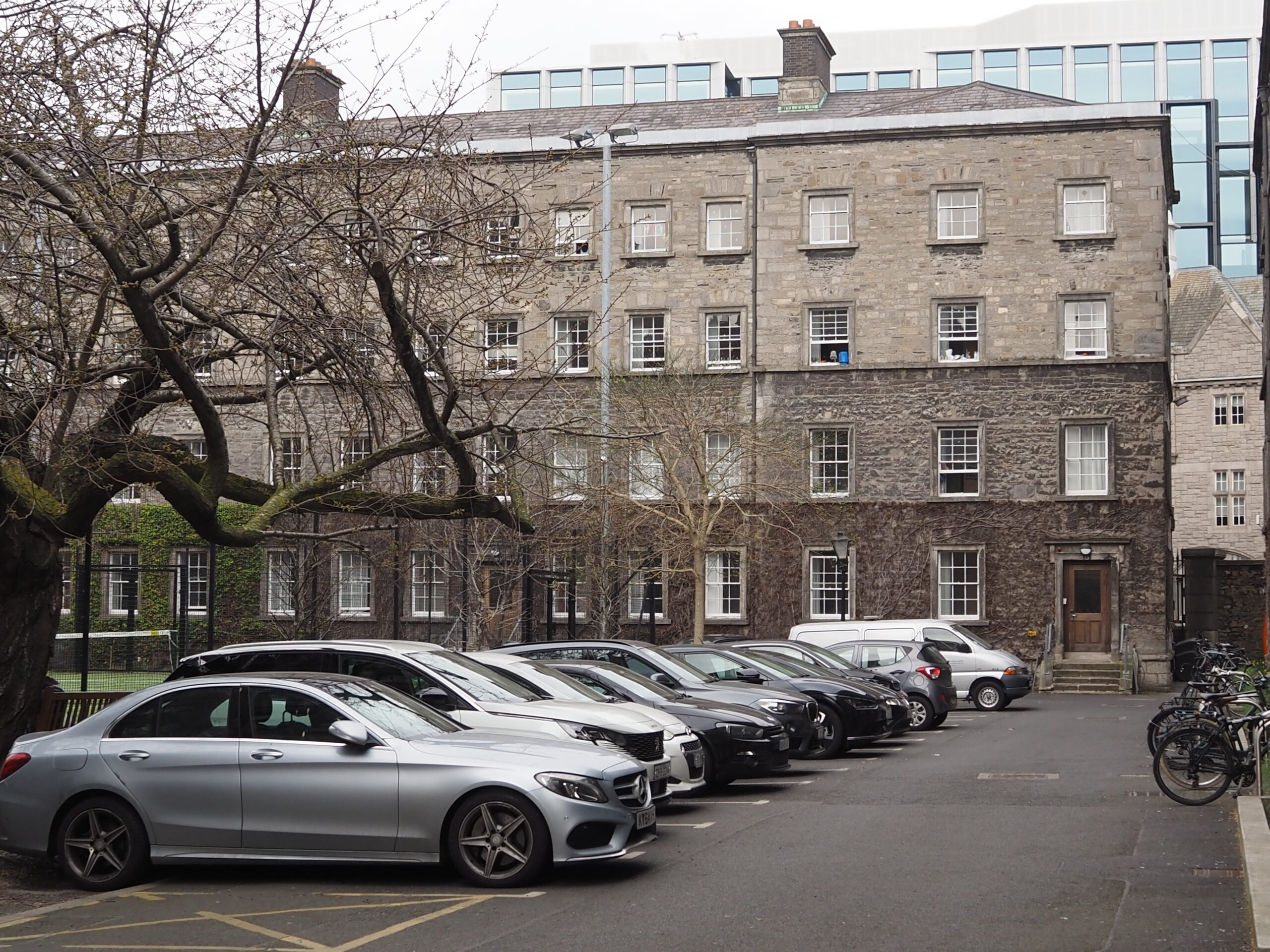The job market is no longer as clearly defined or straightforward as it once was. While many of the traditional career paths remain, an increasing number of people will move between jobs and opt for diversification as they embark on their chosen path.
Many of the students from the world’s top universities graduate with a plethora of existing and newly-acquired skills. Some come from the classroom, and others don’t. The labour market increasingly demands adaptability, diverseness and a thirst for experimentation.
An important facet of university education is its development and enhancement of transferable skills, many of which can be applied to a whole range of jobs. This is why so many graduates end up working in a sector that bears no relation to their initial degree choice. For many people, this sense of uncertainty should be looked upon as an opportunity, one that may well lead to increased fulfillment, comfort and ultimately, job satisfaction.
While this goes without saying, university life encourages this very diversification, through debate, music, sport and journalism. Cardinal John Henry Newman’s famous words on the purpose and value of university education immediately spring to mind. The notion of “mental cultivation” encourages us to steer clear of the age-old and much maligned “pigeon-hole” mentality.
As a result, many people now leave university having obtained a flavour of and experience in a wide range of sectors and remits. Oftentimes, these very skills serve graduates to a greater extent that anything that may have been imparted to them in class. As new interests are discovered, many students now choose to explore differing avenues as they add to their ever expanding bank of skills.
As new ideas come to the fore and new jobs are created, various career paths have now become blurred
It is worth acknowledging that even at master’s level, certain courses or skills do not qualify a person for a specific job. Instead, many people may find themselves with sizeable experience and knowledge of languages, law, government, social policy or other disciplines. As new ideas come to the fore and new jobs are created, various career paths in the above areas have now become blurred as graduates continue to flood the market with new and varying skill sets.
It is worth considering the example of the civil service. The Public Appointments Service selects many graduates year on year for placement in the civil service. Many such individuals end up working in government departments with the prospect of considerable promotion. A career in the civil service often allows for occupational mobility, the development of skills and opportunities for new and different career paths.
With the emergence of the so-called “Celtic Phoenix” and the recent upsurge in high-end labour in the Irish economy, job prospects are more plentiful than ever. This can prove to be both a blessing and a curse as graduates struggle to settle on one specific career path. The story of any recent graduate will reveal a similar trend. However, the likelihood is that this notion of uncertainty will endure long into the future.
It is important not to think of this occupational unpredictability or ambiguity as something unsettling or troublesome. The sheer spread and variety of opportunities available provide evidence to the contrary. This will only serve to enhance the verve and strength of the Irish and global economies moving forward.







